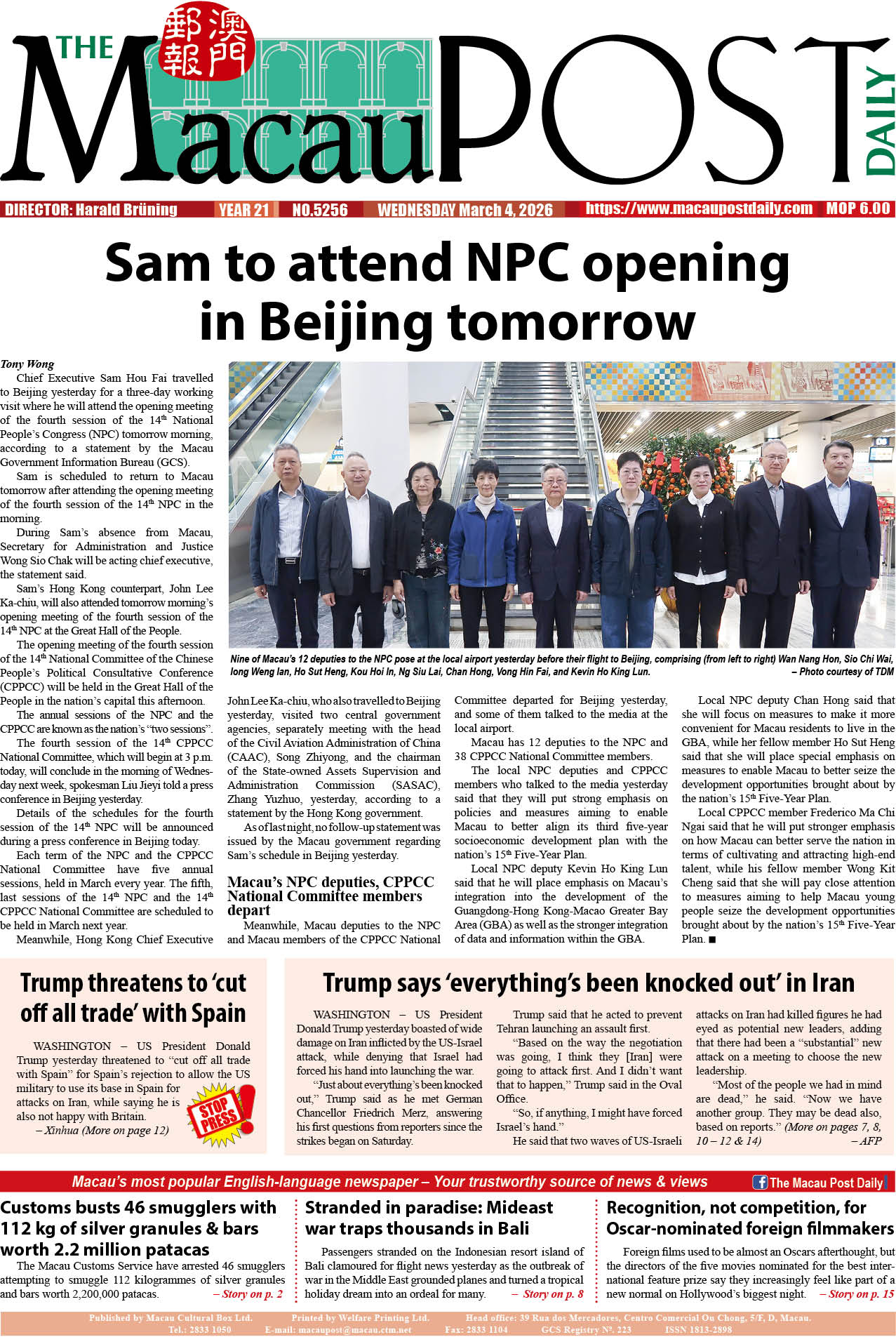Commentary by Donald Gasper
The 11th BRICS summit – bringing together Brazil, Russia, India, China and South Africa – will be held on November 13-14 in Brasilia, the current Brazilian chairmanship of the grouping has reported on its website.
Some people had speculated that the change of government in Brazil would dampen that country’s enthusiasm for economic cooperation within the BRICS framework, but this is not at all the case, as evidenced by stepped-up soya bean exports to China, for example.
EM countriesWhy is BRICS so relevant? Basically because the economic development model promoted by the US and other Western countries has proved unsuitable for other economies, especially for emerging markets (EM), and current protectionist actions have seriously affected them. At the same time, BRICS states are still playing the leading role in the world’s economic growth and are expected to grow between 5.0 percent and 5.3 percent amid the slowdown in developed countries, according to the World Bank.
Beijing could reduce the concerns of some regional and Western “Belt and Road” (B&R) countries over its growing economic and technological influence by promoting cooperation with Brazil, Russia, India and South Africa, thus sustaining its image of being a reliable and trustworthy partner who can contribute to the world’s GDP growth on equal terms.
Given the declared trade war launched by the US, China should diversify its export destinations and cooperate in other spheres, not only in BRICS, but also through strengthening economic links with Central Asian countries – members of the Shanghai Cooperation Organisation (SCO) and the Eurasian Economic Union (EAEU), especially bearing in mind the good relations between Beijing and Moscow and Russia’s well-established and deeply-rooted ties with post-Soviet countries in that region.
BRICS, SCO & EAEUIntegration processes in BRICS, the SCO and the EAEU support and guarantee free trade and strategic cooperation between member states. In this case the mutual development
of transport, logistic and infrastructure projects in EM countries could secure international trade and reduce the negative effects resulting from the various unilateral restrictive actions of certain nations.
By successfully operating their own financial mechanisms such as the New Development Bank (NDB) and Reserve FX currency Pool, BRICS members will be able to materialise a new model of global financial infrastructure based on national currencies, diminishing the role of the US dollar.
BRICS Pay The current international financial architecture, which gives the dominant role to the US dollar, needs to be reformed according to many experts. The creation of BRICS Pay as an alternative to the SWIFT payment system (following such moves in the EU, China and Russia) along with other financial instruments such as an independent BRICS international rating agency will allow investors from emerging markets to minimise the effect of geopolitical risks and unilateral actions by particular countries made outside the framework of international law.
Joint efforts by Brazil, Russia, India, China and South Africa and their strategic cooperation are necessary to bolster their competitiveness and to counter US activities that undermine international trade.
One of the major goals nowadays is to unite BRICS in its resistance against protectionism and unilateral sanctions in trade imposed by the US and its allies. First of all, the initiative of the five countries should be aimed at promoting thereform of such international organisations as the World Trade Organisation (WTO) under the condition of taking into account the interests of developing countries. Such US actions as undermining the Generalised System of Preferences (GSP), the disruption of fundamental instruments created for support of emerging markets, the revision of the “developing nation” status and also the dilution of the role of the WTO in resolving trade disputes are inadmissible and only aimed at serving US own interests.
* Donald Gasper is a Hong
Kong-based journalist and analyst









